France is one of the historic allies of Bangladesh. Starting from the Battle of Plassey to the Liberation War. Recently the Honorable President of France, Emmanuel Macron’s visit to Bangladesh was a significant one considering that France has offered a “Third Way” for Bangladesh other than the US’s Indo-Pacific Strategy and China’s Belt and Road Intiative.
French President Emmanuel Macron told Bangladesh Prime Minister Sheikh Hasina after landing in a sweltering Dhaka late on Sunday that
“Based on democratic principles and the rule of law, In a region facing new imperialism, we want to propose a third way. All our strategy is focused on strengthening the independence and the strategic autonomy of our friends to give them the ‘freedom of sovereignty’,”
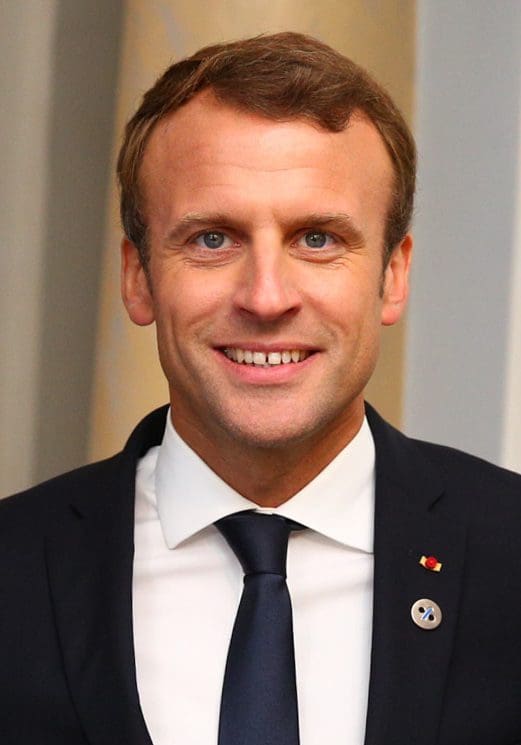
Emmanuel Macron
French President
Macron, who launched France’s Indo-Pacific strategy in 2018, the first European country to do so, has talked of Europe as a “third way” in a region increasingly under the sway of China-U.S. rivalry.
Prime Minister Sheikh Hasina pointed out the similarity between France’s Third Way and her foreign own policy while addressing a banquet in honor of the French head of state, “Your push for strategic autonomy largely aligns with our own foreign policy dictum — Friendship to all, malice towards none — given to us by Bangabandhu Sheikh Mujibur Rahman”. The statement dictates what the foreign policy of Bangladesh would look like moving forward as Bangladesh is maneuvering its position on the global stage in the time of the biggest war in Europe since WW2, between Russia and Ukraine and an increasingly polarising rivalry between USA and China in the Asia-Pacific.
France in the Region: History
The relationship between Bangladesh (previously known as Bengal) and France dates back to the late 17th century, when the French East India Company established trading posts in the region. The French were initially successful in their trading activities, but they were eventually eclipsed by the British East India Company.
In 1757, the French fought alongside the Nawab of Bengal against the British in the Battle of Plassey. The British victory in this battle marked the beginning of the end of French influence in Bengal. However, the French continued to maintain a presence, albeit on a much smaller scale. In 1785, they founded the city of Chandernagore, which became a French colony. Chandernagore remained under French control until 1950, when it was merged with India. Despite their relatively short period of dominance, the French had a significant impact on Bengal. They introduced new technologies and ideas, and helped promote trade and commerce. They also played a role in the development of Bengali culture.
One of the most notable examples of French influence in Bengal is the city of Kolkata (formerly Calcutta). Kolkata was founded by the British in 1690, but it was the French who laid out the city’s grid plan and built many of its early buildings. The French also established the first printing press in Kolkata, which helped to spread Western ideas and literature in Bengal. The French introduced many new words and phrases into Bengali, and they also helped to develop the Bengali alphabet. The French also played a role in the development of Bengali literature. The relationship between Bengal and France is a complex one, but it is undeniable that the French have had a lasting impact on the region. Their influence can be seen in the cityscape, the language, and the culture of Bengal.
Liberation War: The French Heroes
“Freedom belongs to those who have conquered it”
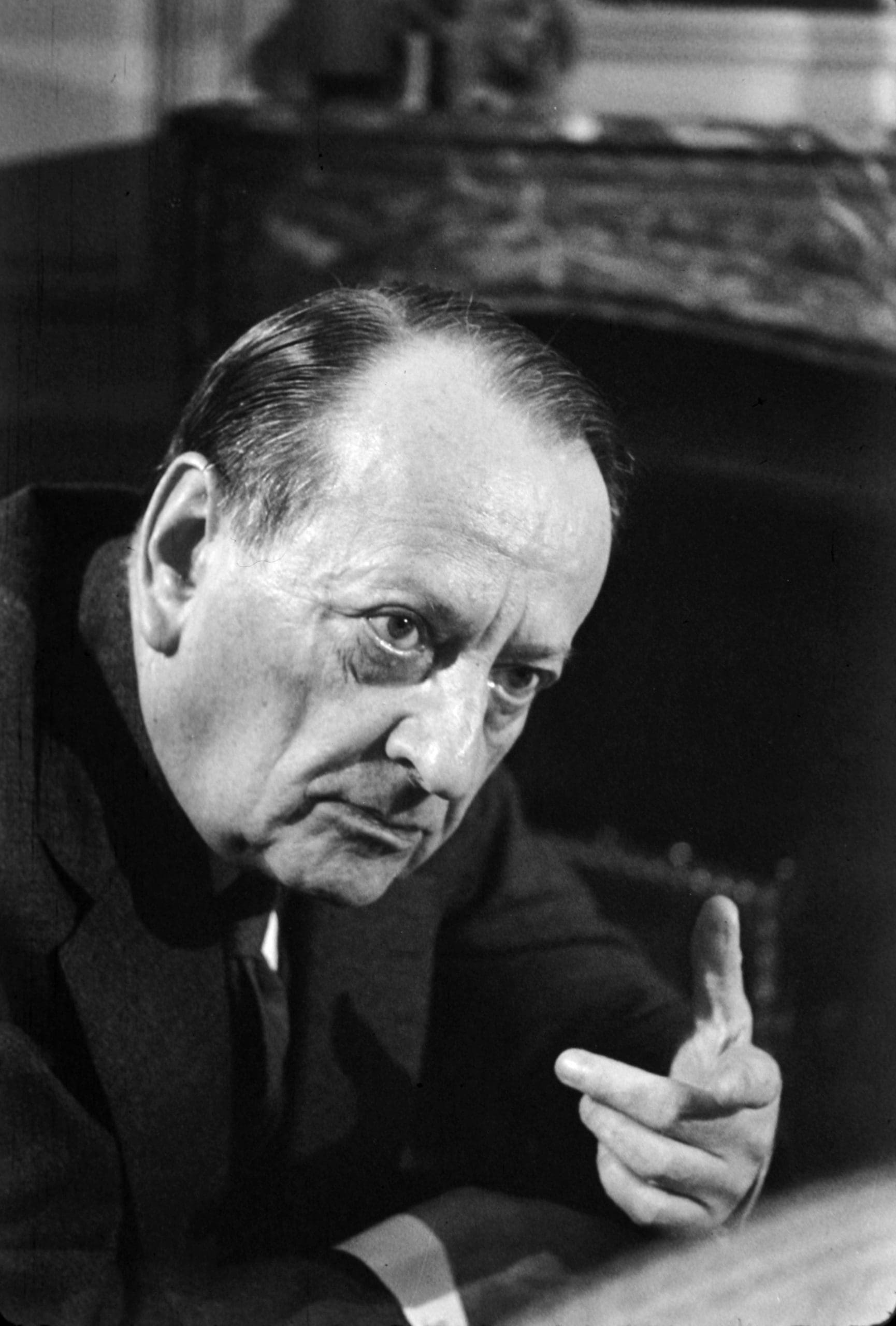
André Malraux
French intellectual
André Malraux, one of Europe’s leading intellectuals and former minister of culture in the cabinet of President Charles de Gaulle in the 1960s, understood the value of freedom as he himself was a freedom fighter. He fought during the Spanish Civil War in 1936 for the Republican side in Spain and later joined the French Resistance during WW2. In 1971 during the Bangladesh Liberation War, he was one of the very few public figures to send a wake up call to the international community about the atrocities committed on the Bengali people. His love for Bangladesh and the brotherhood he showed towards the country’s founding father Bangabandhu Sheikh Mujibur Rahman laid the foundation for France-Bangladesh relations. During Bangabandhu Sheikh Mujibur Rahman’s regime, he established the Andre Malraux Garden at the University of Dhaka in his memory. On the 50th anniversary of his trip to Bangladesh, the visit of President Emmanuel Macron was an honor to Andre Malraux’s legacy.
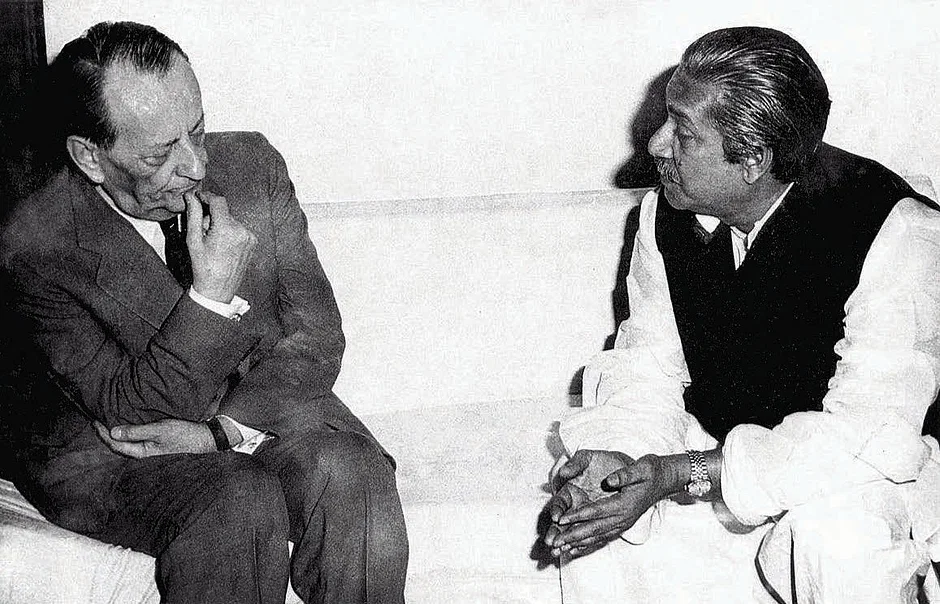
“A true revolutionary has to get close, very close, to the things themselves; he has to move into the places where History, with a capital H, really happens; and he has, therefore, to leave Europe”
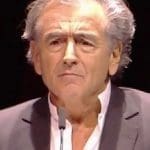
Bernard-Henri Lévy
Philosopher
Malraux’s call to come to the aid of Bangladesh in 1971 was heeded by over a hundred French youngsters and ex-officers. One of them was Bernard-Henri Lévy, a young man who went on to become a prominent philosopher in Europe. But the envisioned International Brigade never materialized. Malraux was too elderly to implement his intentions and form the brigade. In addition, the then-Indian Prime Minister Indira Gandhi had no idea what to do with such a brigade and effectively opposed the proposal, despite the fact that she made the most of André Malraux’s reputation and name.
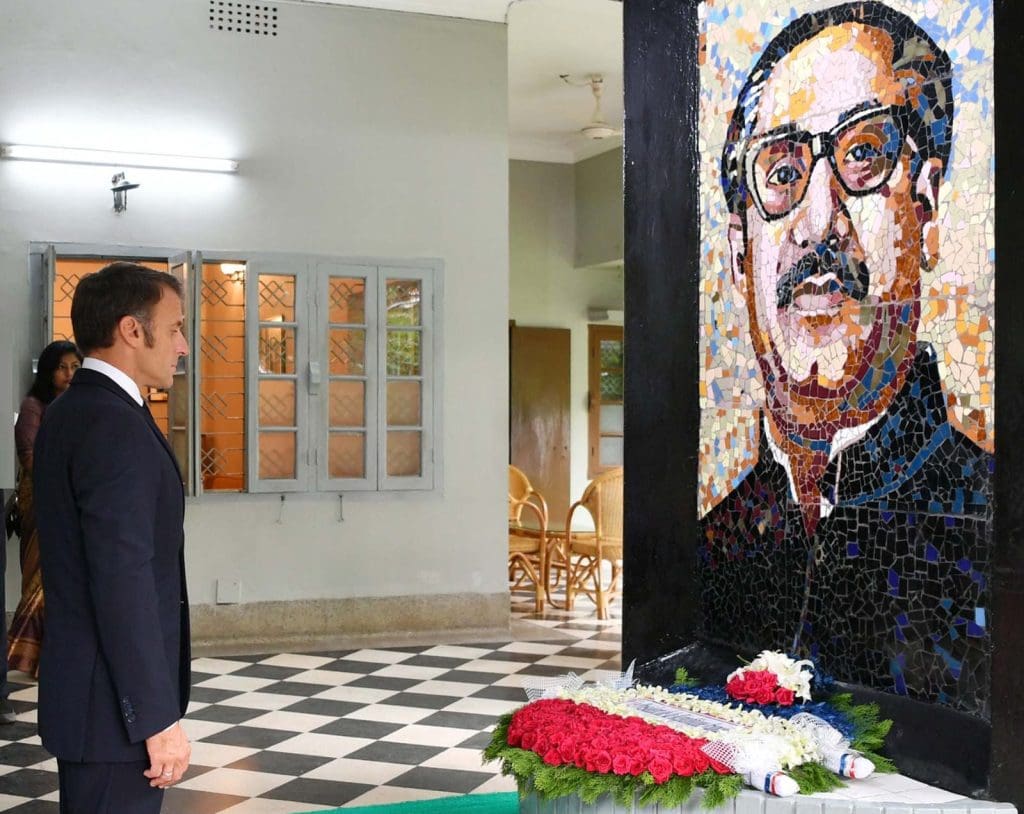
But young Bernard-Henri Lévy had already been motivated by Malraux to take action since he was so passionate about it, and Malraux’s plea helped him see the light. One-man international brigade Lévy was the only one who really made it to East Pakistan. Lévy accompanied an Akim Mukherjee-commanded Mukti Bahini force in East Bengal. In the Khulna district, in the southwest of the developing country, he participated in the fall of Satkhira. He was in Jessore in December just before Indian troops entered the conflict, resulting in Bangladesh’s ultimate victory. Military records mention that on December 4, he was caught up in the Battle of Besantar, where the Mukti Bahini drove the Pakistani forces back with the aid of Indian soldiers.
Lévy accepted Sheikh Mujibur Rahman’s invitation to work for the Ministry of Economy and Planning when the country gained its independence. He stayed there till the middle of June 1972. Bernard-Henri Lévy and all the French people who stood up to Pakistani violence will always serve as an inspiration to the people of France and Bangladesh, who should revisit and develop their relationship despite the political realities of the moment.
High Level Diplomatic Visits
Since the independence of Bangladesh both the countries have largely been on good terms. France recognized Bangladesh’s independence on 14 February, 1972. On 17th March 1972, Bangladesh opened its resident Diplomatic Mission in Paris. In 1999, Sheikh Hasina became the first democratically elected Bangladeshi head of government to visit France. From 1999 to 2021, several ministerial visits also occurred in addition to this, such as French Defense Minister Parly’s trip to Bangladesh in 2020. A list of recent high-level visits can be found here.
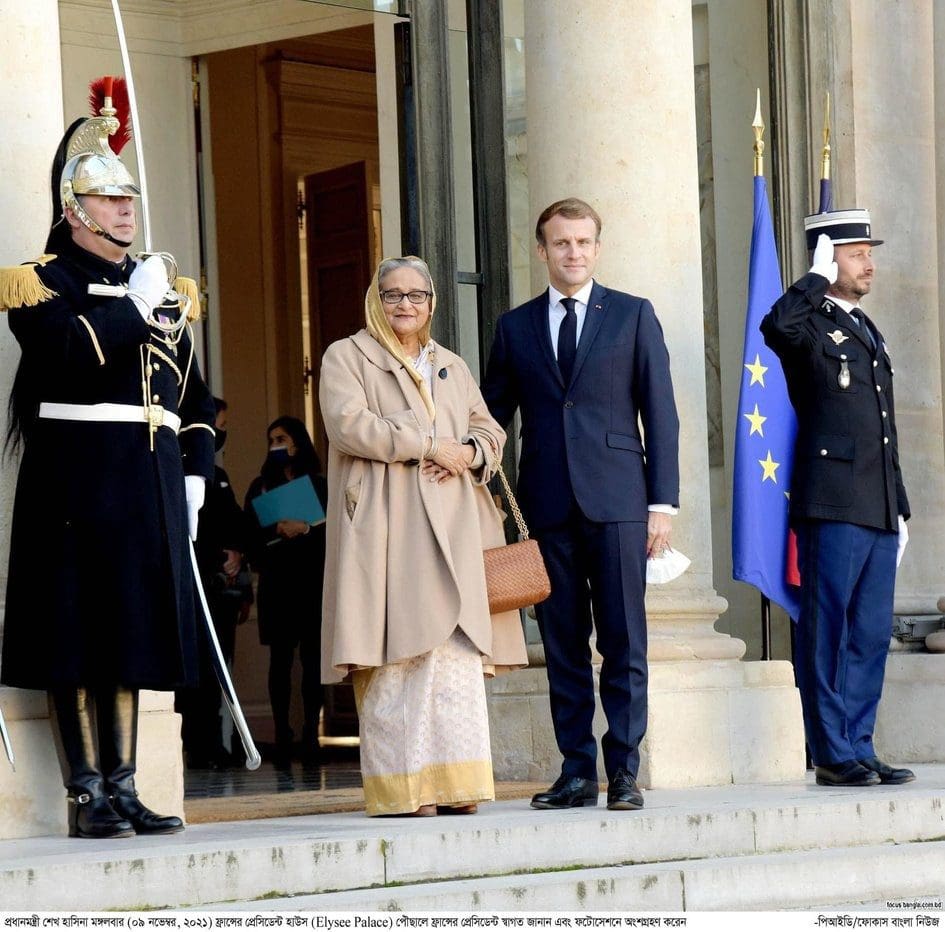
A number of agreements were signed between the nations as a result of high-level visits and diplomatic relations, including the nuclear agreement in 1980, the investment protection agreement in 1985, the Cultural Cooperation Agreement and the Agreement to Avoid Double Taxation in 1987, and the Air Service Agreement in 1998. In addition to these accords, Bangladesh has received support from France since the 2017 Rohingya crisis, by facilitating high-level UNGA meetings and advancing Rohingya rights internationally.
33 years after the visit of President Francois Mitterrand, President Emmanuel Macron visited Bangladesh on September 10, 2023 on a two-day official visit at the invitation of Prime Minister Sheikh Hasina, who herself made a historic bilateral visit to France in November 2021, during which cooperation was agreed on, among others, defence.
During President Macron’s Visit, Dhaka and Paris signed two bilateral instruments to enhance cooperation in different fields including infrastructure and satellite communications. The agreements are:
- A Credit Facility Agreement between Economic Relations Division (ERD), Bangladesh and the France Development Agency (AFD), France on “Improving Urban Governance and Infrastructure Program”;
- Letter of Intent (LOI) on Cooperation between Bangladesh Satellite Company Limited (BSCL) and Airbus Defence and Space SAS, France related to Bangabandhu-2 Earth Observation Satellite System.
Bilateral Trade and Investment
France’s commercial relations with Bangladesh is marked by a structural deficit linked to the former’s purchases of textile products; France remains a marginal investor in Bangladesh but is now more interested in an economy which in 2022 rose to 34th place in the world. In 2022, bilateral trade reached a new high of €4.92 billion, up by a record 51% from the previous year. Around €4.7 billion euros are exported from Bangladesh to France, whereas €240 million are imported. Bangladesh is a negligible trading partner for France on a global scale. However, the prospect for French goods in Bangladesh is highly positive since the delta nation is expected to overtake China by 2030 as the ninth-largest consumer market. French companies are currently well positioned on various projects that will open the door for a rise in exports, with several significant orders expected and in the medium term.
$
0
B
Import from France in 2021
$
0
B
Import from France in 2021
Export to France (US $)
Source: Export Promotion Bureau & Bangladesh Bank
No Data Found
Foreign Direct Investment (FDI) from France to Bangladesh remains modest at around US$15 million per year. Laying emphasis on doubling bilateral trade volume by 2025, Prime Minister Sheikh Hasina has invited French businesses to boost their investment as the country sits at a strategic location among major economic centers in the Indo-Pacific region. Dhaka has expressed its intention to host more French investment as the government aims to establish 100 economic zones across the country by 2030 to achieve industrial self-sufficiency, decentralization and 10 million new jobs. With its One Stop Service initiative, till now 125 types of services are being provided by the Bangladesh Economic Zones Authority (BEZA). Out of these, 50 services are being provided online.
Climate Change
Bangladesh is seen by France as a key ally in tackling global challenges like climate change, according to a news release from the French embassy in Dhaka. For example, Bangladesh was a key player in the Paris Climate Accords. For the millions of climate-vulnerable people worldwide, especially the people of Bangladesh, it is necessary to strengthen the Dhaka-Paris cooperation on climate change issues. According to the press release,
“The President of the French Republic will continue to carry out France’s strategy in the Indo-Pacific region in Bangladesh. We are aware that due to the region’s expanding importance, big nations are paying attention to it, and Bangladesh has emerged as a crucial participant”.
The visit was an opportunity to promote cooperation in the Indo-Pacific region – focusing on maritime security issues, deep sea fishing, tackling illegal, unreported and unregulated fishing, and addressing dead zones in the Bay of Bengal.
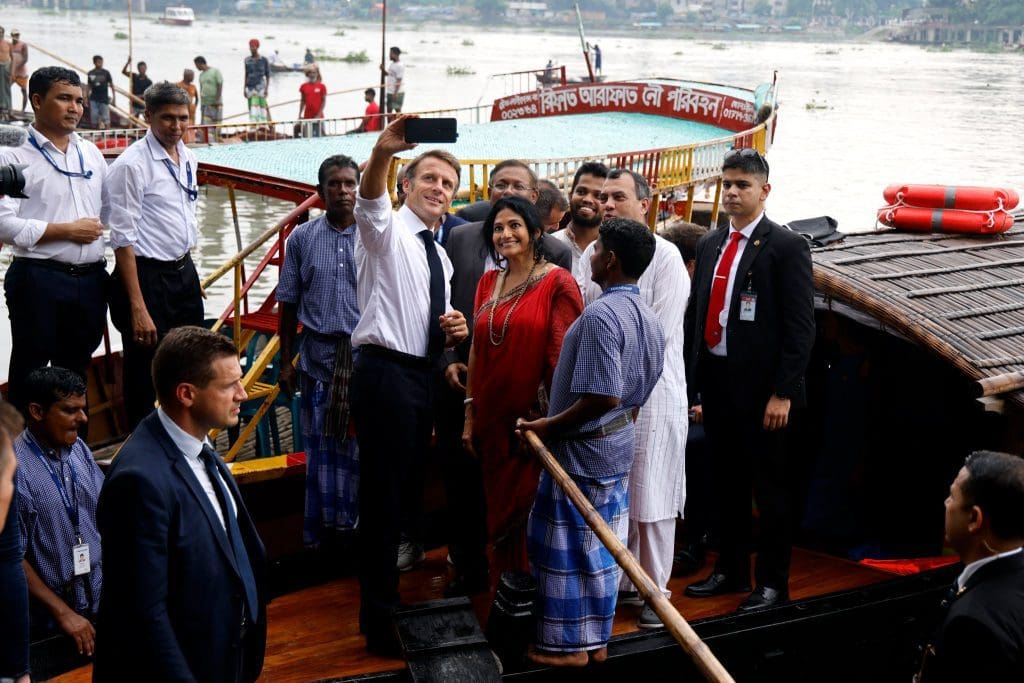
Education, Culture, and Science
An Agreement on Cultural, Scientific, and Technical Cooperation was signed between the two nations in 1987. In Dhaka, established in 1959, and Chittagong, established in 1965, France operates two Alliance Francaise offices. By supporting both local and French cultural events, those centers strive to strengthen the cultural relations between the two nations. At the significant archaeological site of Mahasthangarh in Bogra, which dates from the fourth century B.C. to the fourteenth century, France has also been conducting an archaeological collaboration program since 1993. Additionally, France has strengthened its capabilities in high technology. Bangladesh has access to these French technologies. Both nations declared their commitment to enhance cooperation in this field, including the development of defense gear, in a joint statement following the most recent bilateral visit. Both countries can also increase their cooperation in the field of start-ups. France has an excellent ecosystem for start-up businesses, named ‘La French Tech’ where Bangladeshi start-ups would find their desired facilities.
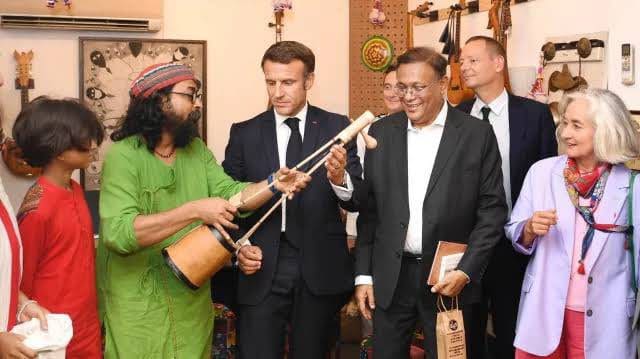
People-To-People Relations
According to Insee Statistics 2017, there are about 14,400 Bangladeshis who have obtained either French citizenship or resident permit in France. Bangladeshis are mainly employed in the service sector including restaurants. Some of the Bangladeshis have small business establishments and restaurants. A small number of Bangladeshis are also employed as professionals, like doctors, engineers, and computer programmers. Some French NGOs such as ‘Friendship’, Partners Bangladesh, Handicap International, Aide Médicale, Développement, Kinésithérapeutes Du Monde, SOLINFO etc. run various programmes to help underprivileged people in various areas in Bangladesh.
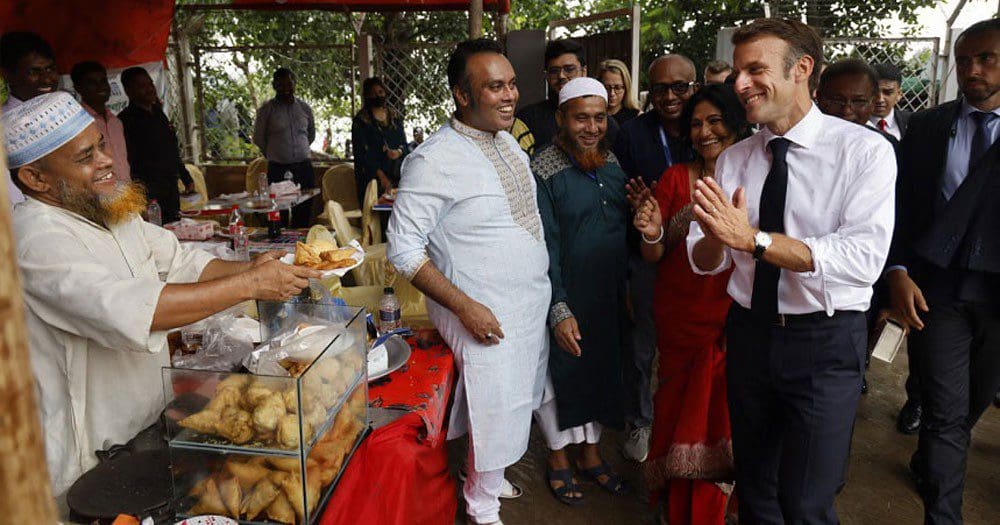
4Ps: Partnership for Peace, Prosperity and People
The two countries issued a joint statement focusing on Partnership for Peace, Prosperity and People (4Ps) which are as follows:
- Partnership for resilience and prosperity
- Partnership for strategic autonomy, peace and security
- Partnership for people-centric connectivity, including through civil societies
- Peaceful, secure and open Indo-Pacific
Prime Minister Sheikh Hasina and French President Emmanuel Macron in the joint statement have agreed to take the partnership to a strategic level. The two leaders also committed to launch regular high level dialogues and people to people interaction to add a strategic dimension to the partnership. Both nations have reaffirmed their commitment to international law and the UN Charter, peaceful resolution of conflicts and faith in multilateralism. Both nations have condemned unconstitutional changes of government and unlawful military takeovers, and affirmed their humanitarian support for the people who are displaced due to conflicts. Both countries reiterated their commitment to put the repatriation of Rohingyas high on the international agenda by creating a conducive environment inside Myanmar for voluntary, safe, dignified, and sustainable return adhering to the principles of non-refoulement. Bangladesh and France reiterated their vision of a free, open, inclusive, secure and peaceful Indo-Pacific. Both countries prioritized sovereignty and strategic autonomy as key principles for a multi-polar world.
France has invited Bangladesh to join the Global Partnership on Artificial Intelligence to further collaborate on the fields of ICT. Bangladesh and France called for a swift implementation of the Paris Climate Accord and for the mobilization of financing for development, climate, and biodiversity. France has appreciated Bangladesh’s inclusion in the Food and Agricultural Resilience Mission (FARM), an initiative led by France. France appreciated the adoption of the National Action Plan on the Labour Sector of Bangladesh (2021-2026) and stressed and assured support to diversify Bangladesh’s economy to facilitate a smooth and sustainable transition under the Generalised Scheme of Preferences (GSP) of the European Union. Both nations regarded culture as a strong element to bolster people to people connectivity and have agreed to further increase cultural exchange between the two countries, and collaboration in the field of research, science and technology.
Concluding Remarks
High-level political visits, especially on the head of state and/or government levels, can go a long way in laying the foundations for stronger and closer bilateral relations. In that regard, both Prime Minister Sheikh Hasina’s visit to France in November 2021 and President Macron’s visit to Bangladesh in September 2023 have undoubtedly brought the two countries closer. However, it is also pertinent that political cooperation is regularized between the two countries at all levels, including but not limited to, ministerial and political party levels. Cooperation of Bangladeshi and French youth, coming from a diverse sectors and backgrounds, can also be an important soft-diplomacy approach which can be employed by both countries. The joint statement provides a good starting point to commence the multi-faceted cooperation.
About the Author

Tanmoy Dhar is an Economics graduate from the University of Dhaka. He has served an associate at CounterFoto- A Center for Visual Arts.
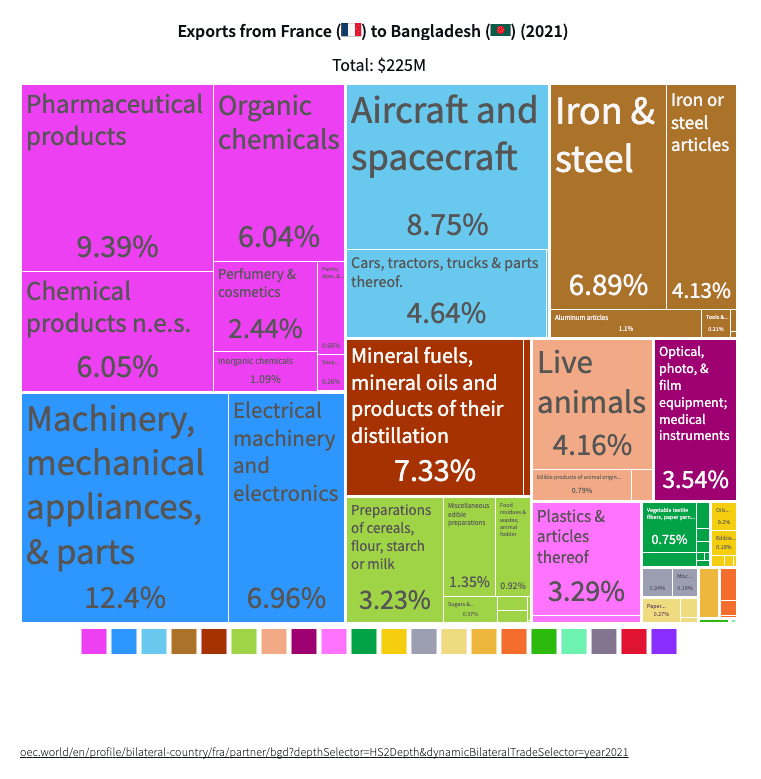
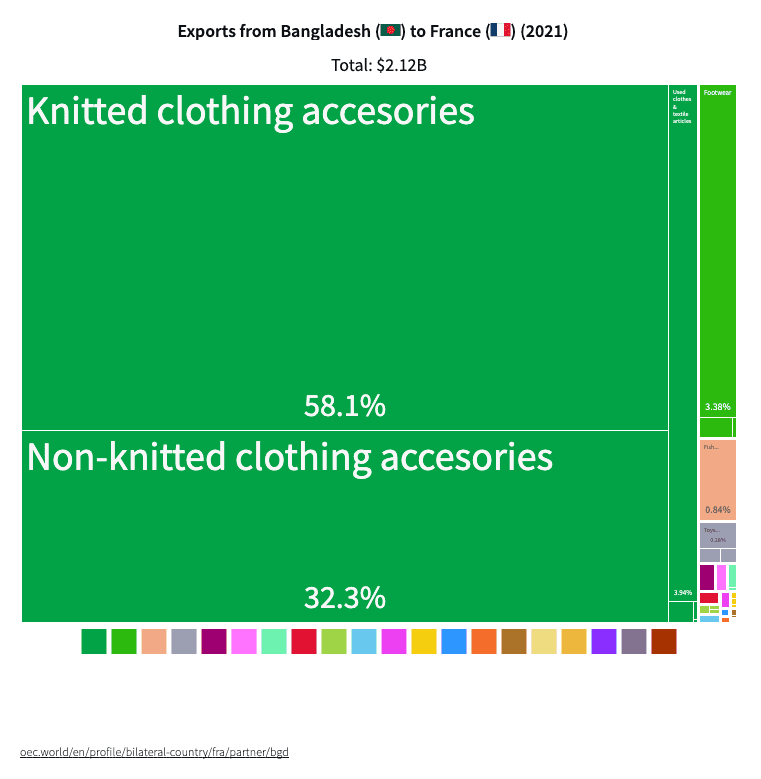
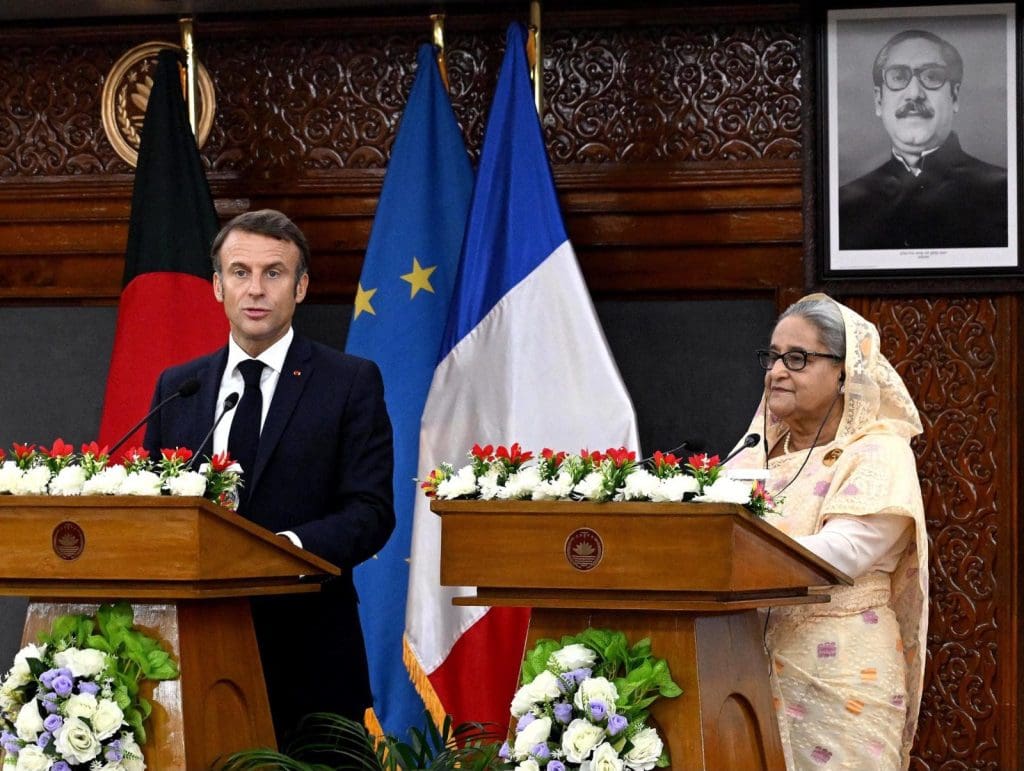
1 comment
[…] seemed to pay off reasonably well. The French value its strategic autonomy and have offered a “third way” in a region increasingly under the sway of China-US rivalry with their own Indo-Pacific […]